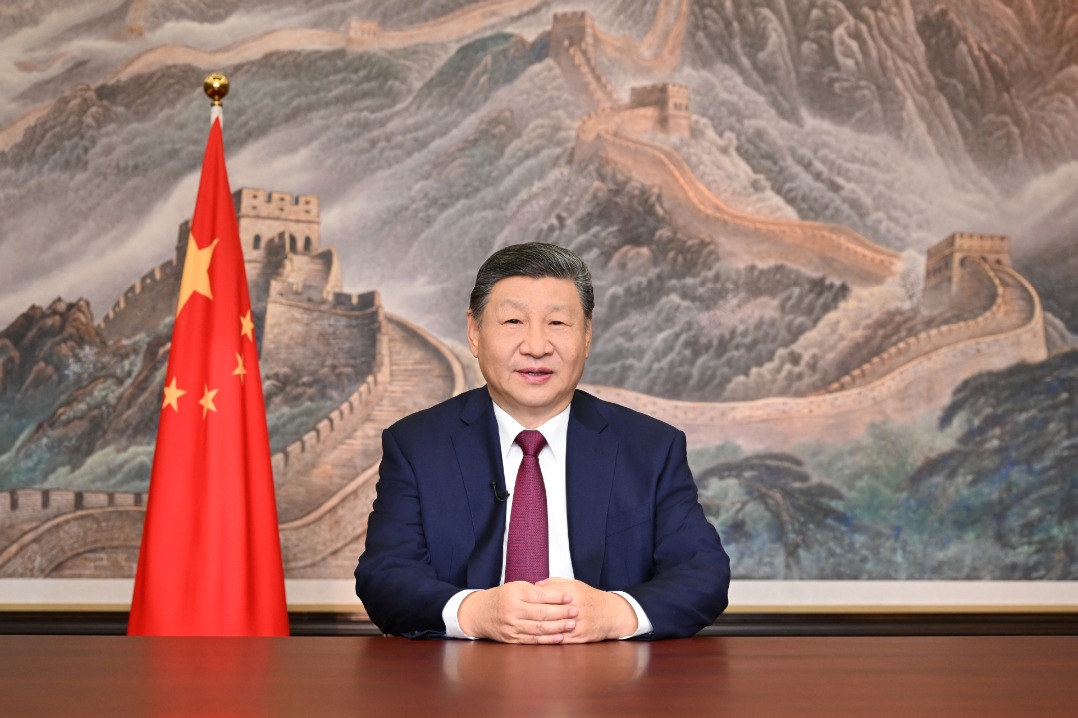The China Opening

Weipers says what the Chinese authorities are trying to avoid is the sort of free-for-all that occurred when Russia opened its stock market to foreign investors in the mid-1990s.
|

|
"It is the scenario to avoid. I think China's slow and controlled approach is the right one. I think the QFII system will carry on for another 10 to 15 years," he says.
One of the main focuses of interest at present is the much-anticipated launch of the "mini-QFII".
This will allow Chinese brokerages and fund houses to get in on the act and invest in Chinese stocks and bonds using money raised overseas. They will be competing with European and international firms.
The allocation is expected to be just $3 billion and 80 percent of the money to be earmarked for investment in bonds rather than equities.
Weipers at Martin Currie believes the "mini-QFII" could be a vehicle for returning some of the yuan now sitting as deposits in Hong Kong back to the mainland.
"It would allow all those Chinese investors who have their offshore renminbi bank accounts to subscribe to bonds issued by the Hong Kong subsidiaries of Chinese brokers which will all of a sudden bring that money back on to the mainland," he says.
The appetite for such investments was severely tested in Hong Kong in April when property billionaire Li Ka-shing launched the first yuan-denominated initial public offering outside the mainland.
The Hui Xian Real Estate Investment Trust, which owns the famous Oriental Plaza shopping complex in Beijing, received only lukewarm response from retail investors.
Joseph Chang, vice-president of SCM Strategic Capital Management Asia, a private equity investment company based in Hong Kong, says there was certainly no dramatic response from investors.
"It is unlike during the pre-1997 'red chip' bubble (when many large Chinese State-owned companies listed in Hong Kong) or the Internet bubble in 2000 when you would have 500 or 1,000 times oversubscription," he says.

Joseph Chang, vice-president of SCM Strategic Capital Management Asia. |
Although the focus is often on foreign money coming into the China bourses, many people in China want to invest in overseas investments.
The Chinese authorities introduced a similar scheme to QFII to control these flows called QDII or qualified domestic institutional investor in 2007.
Although so far limited, some see QDII as vital in the liberalization of China's capital markets. By allowing money to go out of the country, it offsets the risk of money coming into the country and creating asset bubbles.
It could also make it easier for the authorities to manage China's stock markets when they become fully open.
Julia Leung, under secretary for financial services and the Treasury within the Hong Kong Special Administrative Region government, believes Hong Kong will play a key role as the leading offshore renminbi financial center.
"Hong Kong is the major destination of QDII funds. I think we handle 70 percent of them as the destination market," she says.
She says it gives wealthy Chinese the opportunity to invest their surplus wealth outside of the mainland.
"Individuals can subscribe through QDII and access markets through this collective investment scheme," she adds.
Many of the major European financial organizations have been key players in the QFII program.
Deutsche Bank was one of the first to be granted a QFII license and received an initial allocation of $400 million.
Nick Silver, head of synthetic sales for Deutsche Bank in Hong Kong, says the scheme has proved very popular with investors.
"It has been fantastically successful in giving a huge number of investors access to the Chinese market," he says.
|

Julia Leung, under secretary for financial services and the treasury within the Hong Kong Special Administrative Region government. [Photos by Edmond Tang / China Daily] |
Rob Ebert, head of Asia-Pacific sales at the German bank, says the Chinese authorities have been very astute in the way they have brought in foreign advisers to help develop the scheme.
"They have hired people with a broader understanding of foreign investors. That is a very smart thing for them to do. In typical fashion they are educating themselves and they will get to the point where they are comfortable with the access they have given," he says.
QFII, like many other China access issues, cannot be seen in isolation and the Chinese authorities are aware greater access to the Chinese equity markets could pave the way to the yuan becoming a fully convertible currency.
Chang at SCM Strategic Capital Management Asia says a fully open capital market would theoretically result in the yuan having to be fully convertible but the causality would be the other way.
"A fully convertible yuan won't be driven by the capital markets opening up rather the other way round. There will be a strategic decision to internationalize the currency," he says.
One of the major questions, however, is how long the QFII quota will remain in place and when the markets of Shanghai and Shenzhen will be fully open to all.
"There are many things to consider before the opening up of the capital markets," says David Chang at Franklin Templeton.
"Inflation is a big thing at the moment. It is a very difficult balancing act for the Chinese authorities. This is something they have got to think about over the longer term."
Today's Top News
- New Year's address inspiring for all
- Xi congratulates Science and Technology Daily on its 40th anniversary
- Xi congratulates Guy Parmelin on assuming Swiss presidency
- China Daily launches 'China Bound'
- Manufacturing rebounds in December
- PLA wraps up military drills around Taiwan































